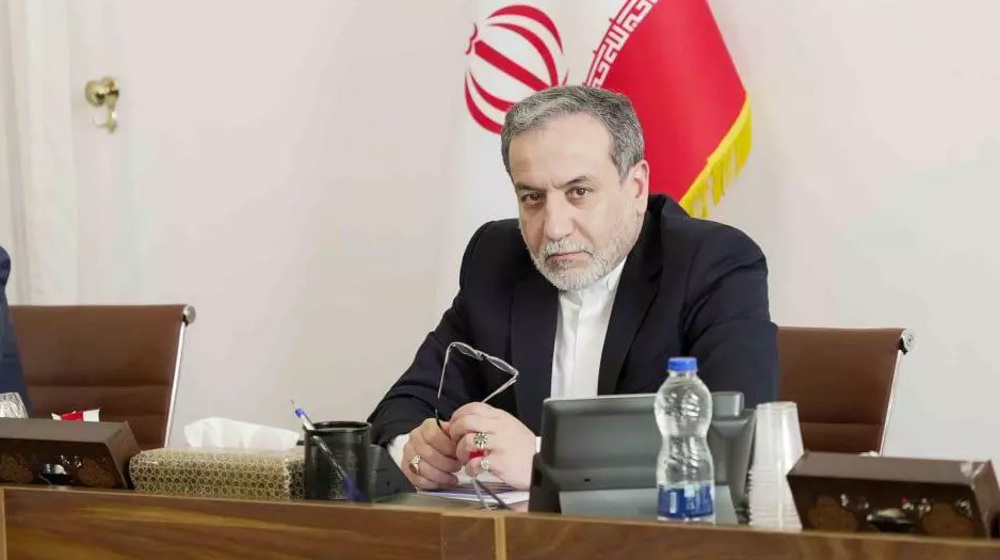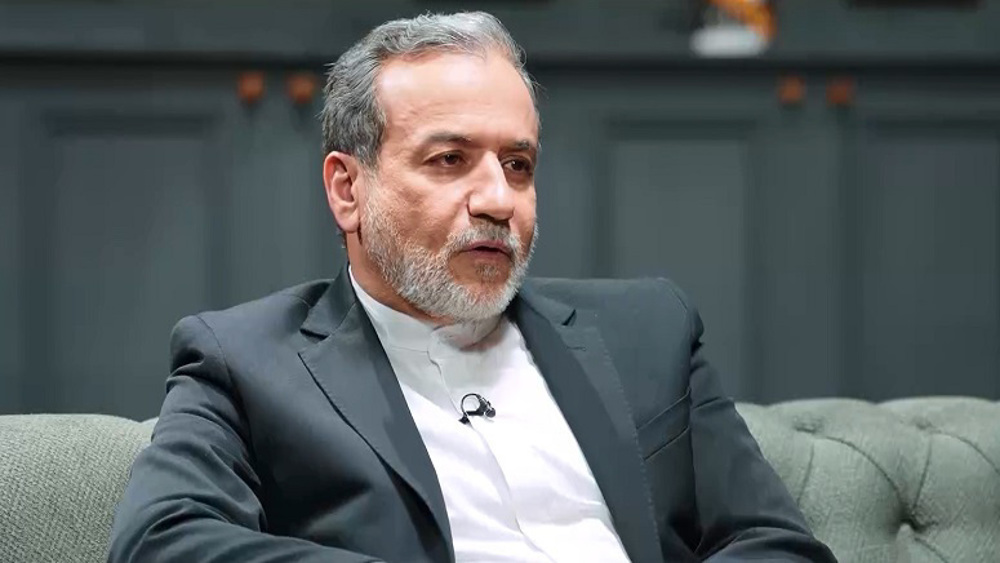Recurring claims won’t change historical facts about Iran islands: Afkham
Iran voices “surprise” over a few Arab countries’ attitude towards Tehran in the post-nuclear agreement atmosphere, rejecting their new statement as “baseless”.
On Wednesday, Iranian Foreign Ministry Spokeswoman Marzieh Afkham reacted to the statement released by the foreign ministers of the (Persian) Gulf Cooperation Council ([P]GCC) after the conclusion of their 136th session in the Saudi capital Riyadh on Tuesday.
According to the Gulf News, the Arab states rejected “the statements by some officials in the Islamic Republic of Iran against the (P)GCC states and their interference in their domestic affairs.”
Afkham referred to the historic nuclear accord between Iran and the global powers, saying there are “two or three southern neighboring states” that reject the “positive regional consequences” of the agreement.
They “express their anger on different pretexts” and continue the “failed policy” of regarding Iran a "threat".
After months of tough negotiations, Iran and P5+1 – the United States, Britain, Russia, China, France, and Germany – reached an agreement, dubbed the Joint Comprehensive Plan of Action (JCPOA), in mid-July.
“Some members of this council”, which tried to hamper the process of the Iran nuclear talks, are now “angry with the outcomes of Iran’s constructive and rational approach,” Afkham said.
“They suppose that they can divert the global inclination towards dialogue and diplomacy through repetitive and threadbare allegations, or sap Iran’s will for a constructive interaction with neighbors and the Muslim countries of the region.”
The Foreign Ministry spokeswoman further commented on Tehran's sovereignty over the three islands of Abu Musa, the Greater Tunb, and the Lesser Tunb in the Persian Gulf, noting, “Repeating claims will not change historical facts.”
The three islands have historically been part of Iran, proof of which can be found and corroborated by countless historical, legal, and geographical documents in Iran and other parts of the world. However, the United Arab Emirates (UAE) has repeatedly laid claim to the islands.
The islands temporarily fell under British control in the 1800s but were returned to Iran on November 30, 1971 through a legal procedure that preceded the establishment of the UAE as an independent state.
Nov. 4: ‘Axis of Resistance’ operations against Israeli occupation
Britons demand release of pro-Palestine activists
VIDEO | Israel's unwinnable war in Lebanon
Non-aligned nations condemn Israeli violation of Iran's sovereignty
IRGC: 10 foreign-backed terrorists killed, arrested in Sistan and Baluchestan
Iran calls on EU to end targeting ordinary Iranians after missile transfer claims refuted
UK police detain Jewish scholar Haim Bresheeth following pro-Palestine address
VIDEO | Iraqi resistance strikes key Israeli targets in occupied territories










 This makes it easy to access the Press TV website
This makes it easy to access the Press TV website